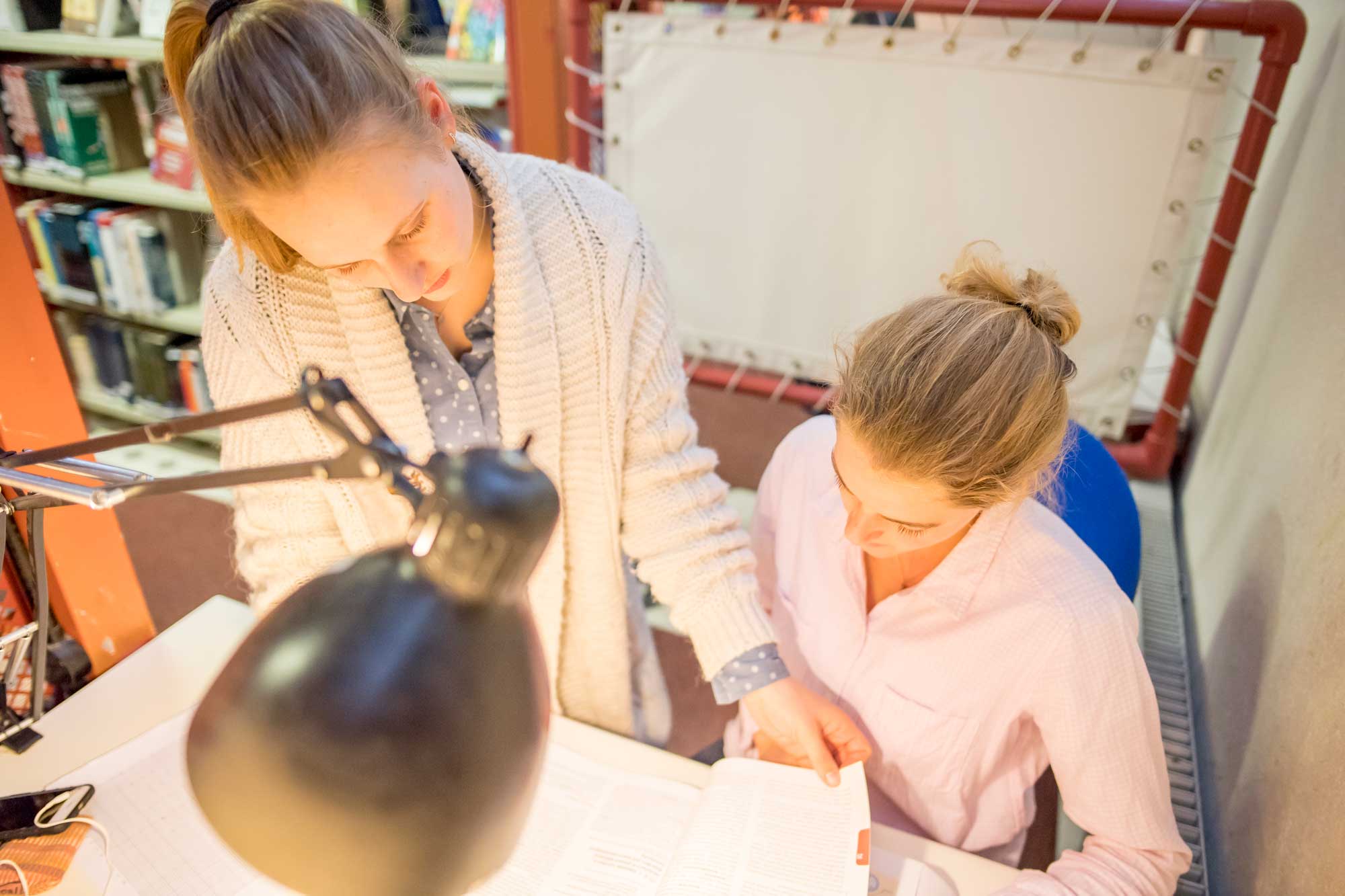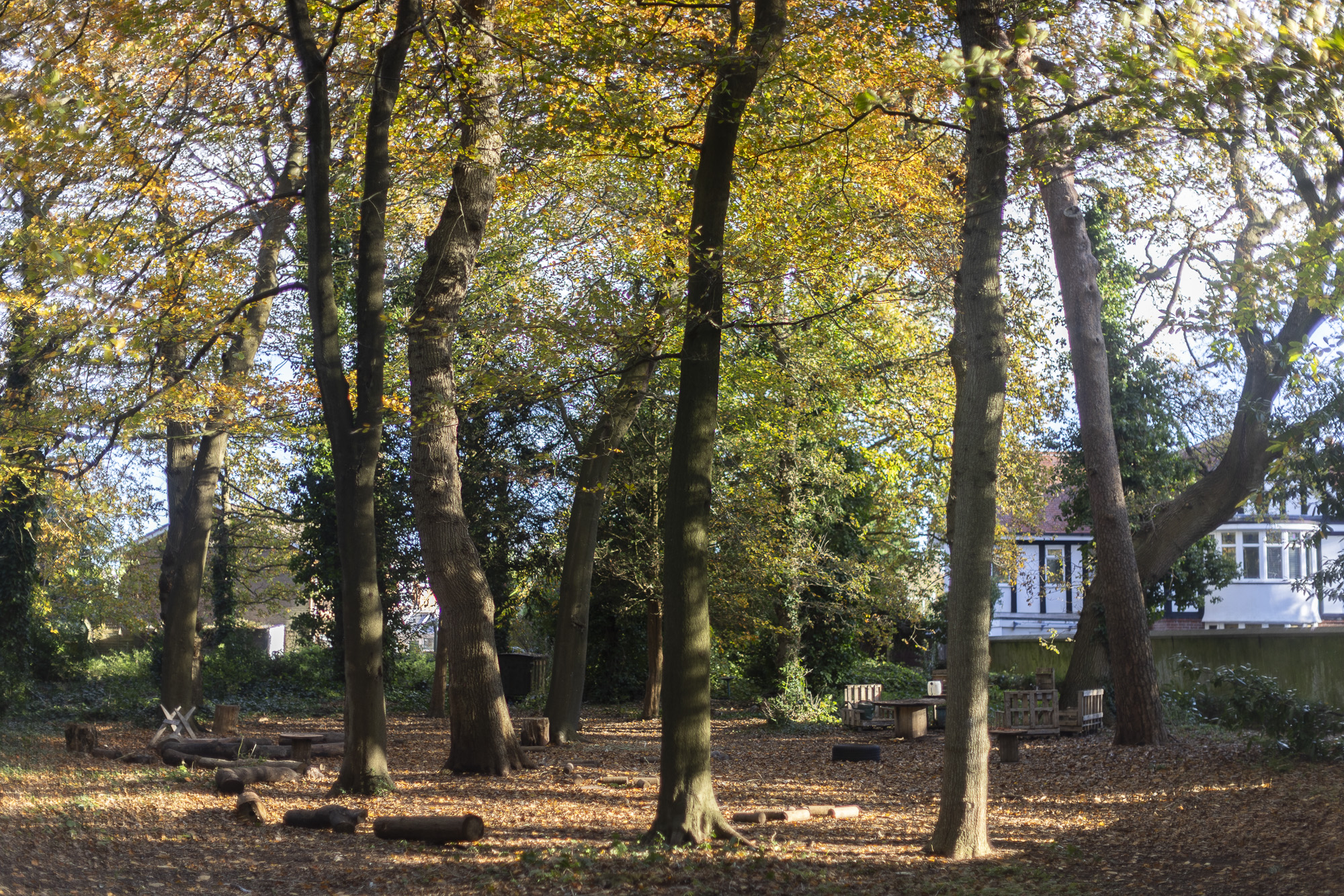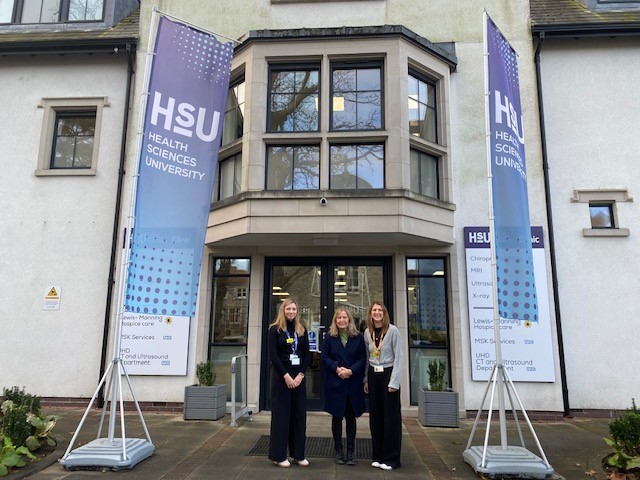Income and Expenditure
The Health Sciences University is registered with the Charity Commission and is a not for profit organisation. Any income generated by the University College is therefore solely used to enable and improve the educational experience for all of its students and to enhance the University College’s facilities.
The University College derives its income from a number of sources.
Tuition fees from undergraduate and postgraduate programmes, short courses and CPD make up the largest proportion of income accounting for 78% of total income. The current charge for tuition fees to home and EU students is set at £9,250 per annum. We receive additional HEFCE income on the basis of delivering high-cost subjects.
Income-based on the provision of clinical services contributes 10% of total income.
Investing in our Estate
The University College aims to provide a high-quality environment for its students and staff in which they can thrive. As well as maintaining the existing infrastructure, we believe it is important to invest in up-to-date teaching, research and non-academic facilities.
In recent years we have invested in our academic, clinical and student facilities including the library, anatomy models lab, student cafeteria and bar, and on creating a digital editing suite, enlarging the School of Radiology and installing an Open and Upright MRI Scanner.
Governors’ Report and Financial Statement
Education Strategy
Download and read more of Health Sciences University’s Education Strategy (2023-2026) which sets out the key approaches we take and the actions to which we commit in order to enhance the learning opportunities we offer.
Download Education Strategy
Suicide Prevention Strategy for Staff and Students 2023/24
Many of us find suicide difficult to talk about. And yet we should talk about it more. We want our universities to be safe places; places where students and staff can thrive and succeed, where everyone feels that they belong and are part of a supportive and caring community. But we have to recognise that, for some, for some of the time; that is not how they feel. Support is available, but those in need of support sometimes feel there are barriers to accessing the support available or are unable or unwilling to do so.
Suicide is preventable. That is why Dorset’s three universities have a shared vision with all our partners signed up to the Pan-Dorset suicide prevention strategy that “no one of any age living in Dorset will reach the point where they believe that they have no other choice but to attempt suicide or to end their life by suicide”. We are committed to working with our partners in raising awareness around suicide prevention and taking action to achieve our shared vision. This strategy sets out the detailed actions that we will take, to ensure that our communities are the supportive and caring places we want them to be, for all members of our community, so that no-one feels that they are left without choices.
Our identified actions are reviewed every year by our strategic leads, to reflect our collective learning and ensure it remains fit for purpose. We publish this for the 2023/24 academic year, with our thanks to everyone who continue to contribute to supporting our community.
Download Suicide Prevention Strategy









